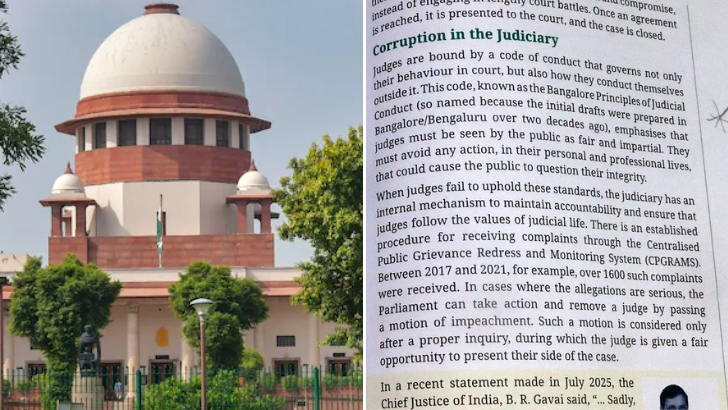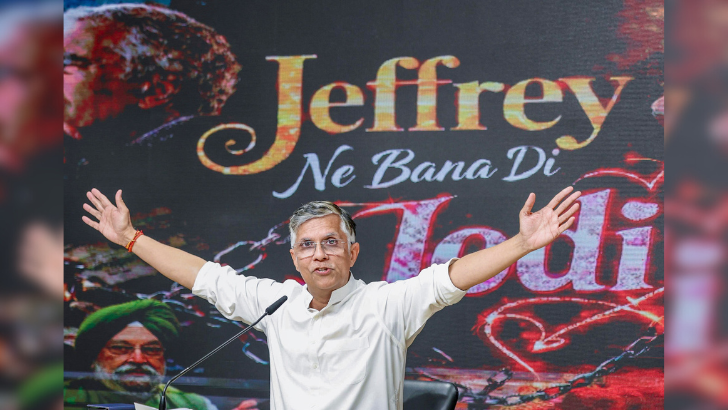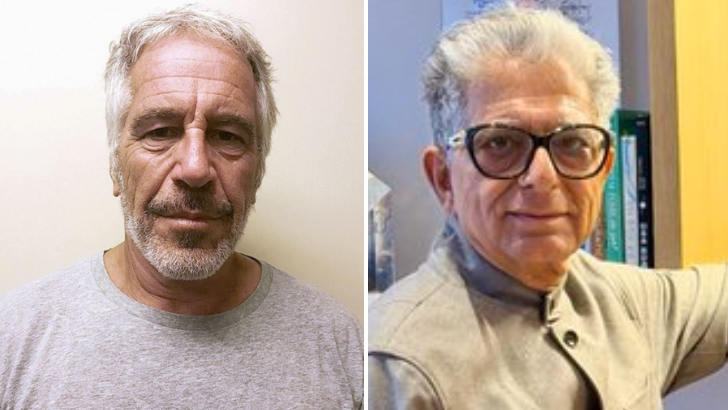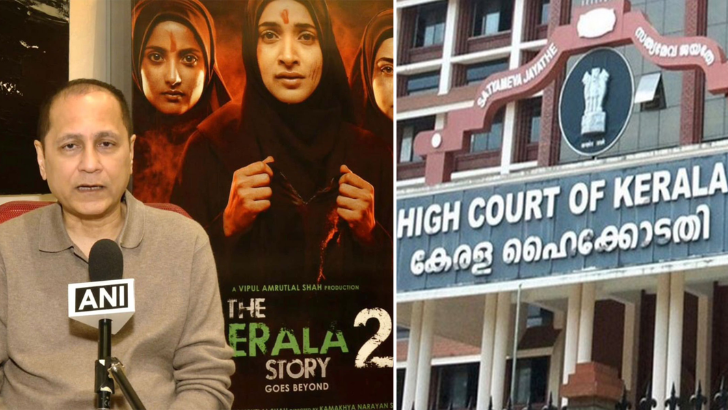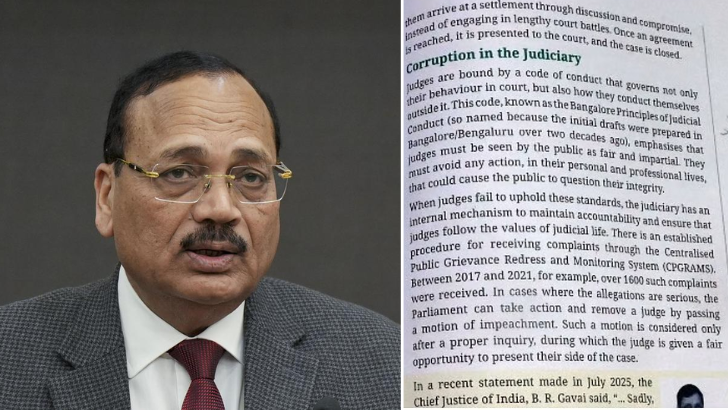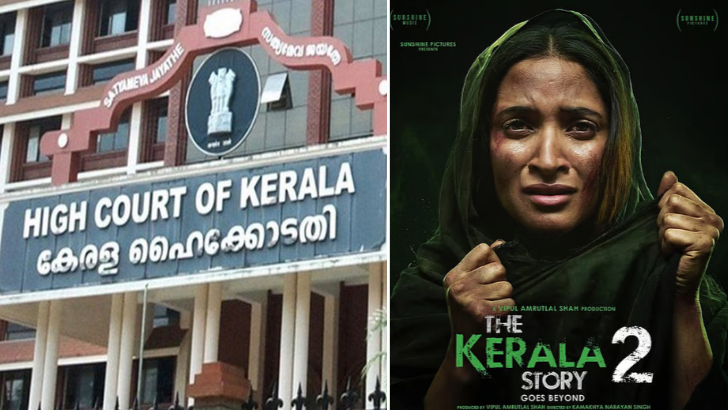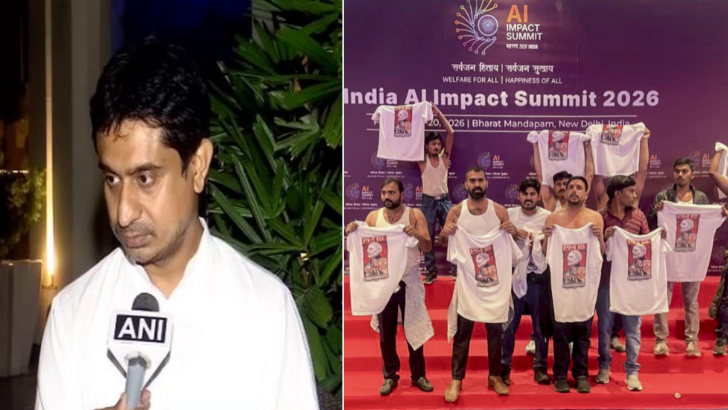5 terror extraditions cleared by Canada
The five men are in the process of being extradited, High Commissioner Sanjay Verma told PTI in an interview this week
PTI
-
The Indians continued to live in Canada and eventually became citizens. PHOTO:PTI
New Delhi, 25 Oct
Of the 26 requests sent to Canada for extraditing Khalistani
terrorists, Ottawa has resolved only five and the rest remain in limbo, India's
top envoy to that country has said, calling it the result of
"inaction".
The five men are in the process of being extradited, High
Commissioner Sanjay Verma told PTI in an interview this week. He said he is not
at liberty to disclose the name or give details.
The interview took place on Wednesday, a couple of days
after his return to New Delhi. India recalled him and five other Indian
diplomats after they were named "person of interest" in a Canadian
investigation into the 2023 killing of Hardeep Singh Nijjar, a Khalistani
terrorist who was a Canadian citizen.
Relations between the two countries have plunged to their
lowest level ever over the issue of Canada's tacit support for Khalistani
extremists among the large Sikh-Canadian population of about 8 lakh. New Delhi
accuses Ottawa of doing next to nothing to stop the activities of Khalistani
supporters who seek to undermine the sovereignty and territorial integrity of
India.
"According to the last information that I had, five of
them have been resolved. Twenty-one are still pending, and these are pending
since decades. So, I would say that there is an inaction rather than
consultation. All the issues which get into the judicial system of a country,
sometimes need consultations, because we follow two different judicial
systems," he said.
But, if there is no action in the last four-five or 10
years, then "I would only call it inaction", Verma said.
Recently, the Ministry of External Affairs said the 26
extradition requests are for people who have been charged in India with terror
and related crimes. India has also sought "provisional arrest" of
several of the accused, which remains pending with Canada, under the Mutual
Legal Assistance Treaty.
Among those named by the ministry are Gurjeet Singh,
Gurjinder Singh, Gurpreet Singh, Lakhbir Singh Landa and Arshdeep Singh Gill.
Nijjar, who was declared a terrorist by India, was shot dead
outside a gurdwara in Surrey in the Canadian province of British Columbia on
June 18 last year.
During the interview, the recalled envoy also spoke about
the long-standing people-to-people ties between the two countries and the
genesis of the Khalistani problem in Canada and how it became a hotbed of this
movement.
Asked if the frosty relations can ever warm up, Verma said:
"I would only want that ties between the two countries get better. But, it
should be better not because we want to make it better but because (we) both
respect each other, both want to understand each other, both understand each
other's core concerns."
He said India's core concern is very clear. "It has
been told many times to our Canadian friends that our core concern is the
anti-India elements there, the Khalistani extremists and terrorists over there,
who keep challenging India's sovereignty and territorial integrity. They
(Canada) will need to somewhere handle them."
He pointed out that the Khalistanis in Canada are Canadian
citizens, not Indian nationals. "So, what will be the future of India,
this will be decided by Indians. Foreigners will not decide it. They are ... of
Indian-origin but for us they are foreigners. Foreigners never had, have or
will have any right to interfere in our internal affairs."
Indians first arrived in Canada in the early 1900s by ship.
Despite facing racial discrimination and segregation, the Indians continued to
live in Canada and eventually became citizens. A second wave of immigration
happened after the 1984 Operation Blue Star on the Golden Temple in Amritsar,
and the ensuing Sikh militancy for a separate Khalistan state in Punjab.
While the Khalistani movement has no takers in Punjab or
India now, it continues to flourish among a small minority of Sikhs in the
Canadian Sikh community.
The second round of Sikh immigrants found refuge in Canada
due to "lenient Canadian legal system", Verma said. "They were
able to get their permanent residence in Canada, citizenship in Canada. They
sought asylum in Canada, on fictitious grounds."-PTI
Leave a Reply
Your email address will not be published. Required fields are marked *








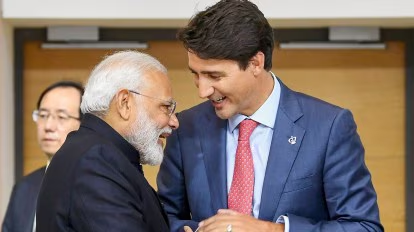

.png)

